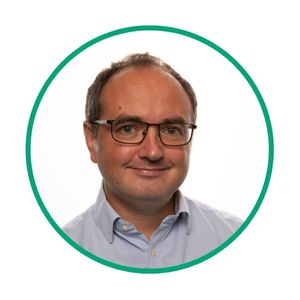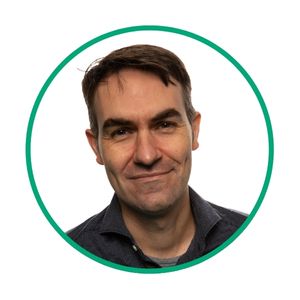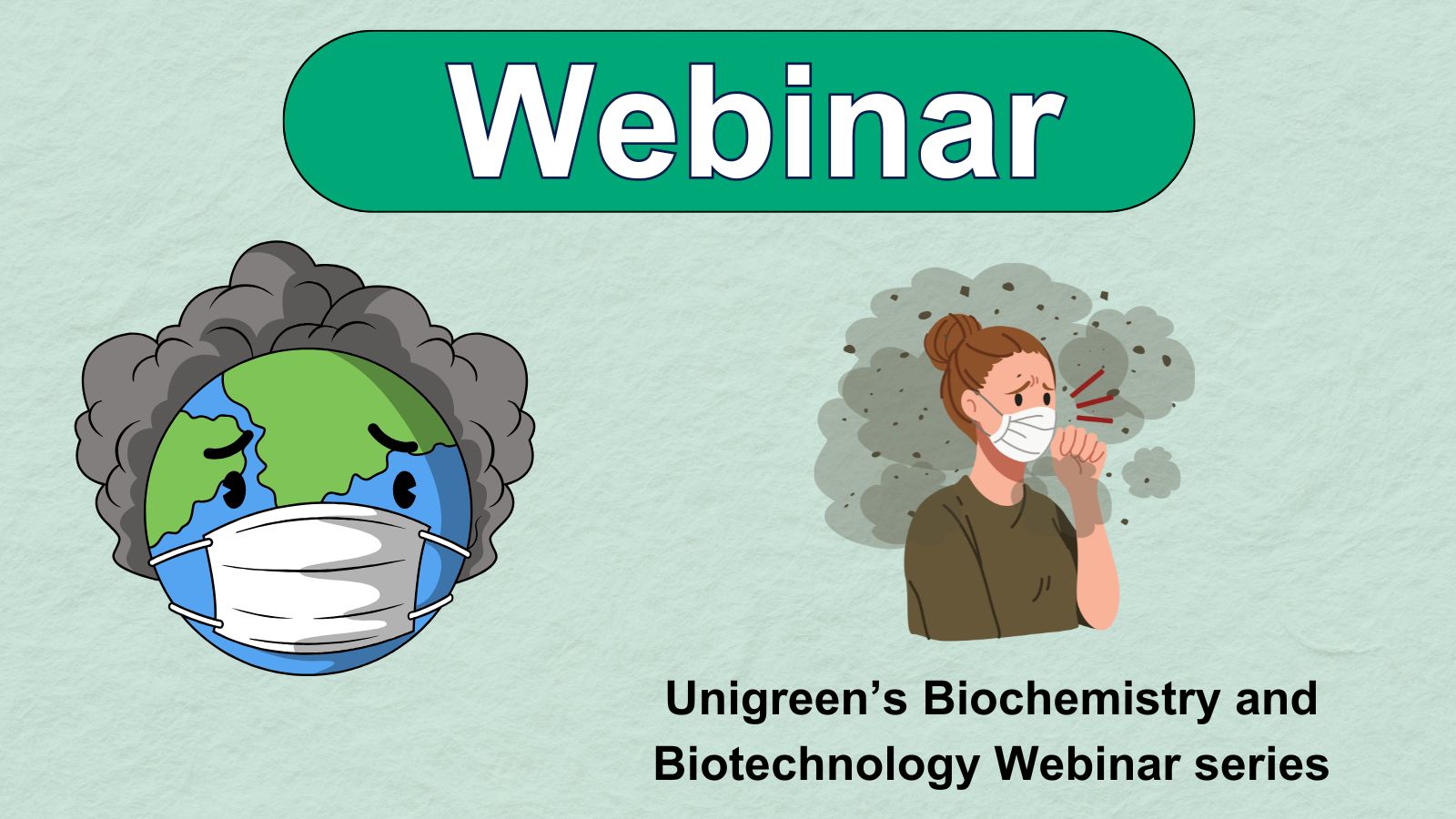Unigreen’s Biochemistry and Biotechnology Webinar series: Episode 2
Pollutions associated to various human activities such as industrial discharge, agricultural practices, and improper waste management pose a growing threat to human health and the environment, largely. Detecting and monitoring these substances are crucial for understanding their impact and implementing effective mitigation measures. This webinar aims to explore some of the novel cellular models and technological advancements used to track environmental pollution. Particular focus will be given to impacts and challenges of these approaches through case studies on organoids-on chips and endocrine disruptors detection.
Thematic
Biotechnological advances in monitoring of pollutions in the environment
When?
On Tuesday, 22 July, 2025, join us for an online event, from 9:30 to 11:30 CEST with expert speakers and engaging discussions.
Speakers

Frank Yates
Director of Research, Head of the CellTechs team (SupBiotech/CEA) and member of UNIgreen scientific council
He works on neurodegenerative diseases using iPS cells and cerebral organoids. His research includes disease modeling, cellular reprogramming, and biotechnology applications. He is also involved in teaching and collaborative scientific projects.

Torben Osterlund
Chief Scientific Officer (CSO) at PEPPER
PEPPER is a non-profit association and a public-private platform for the validation of endocrine disruptors characterization methods. He is the leader of the project portfolio and oversees all aspects of the scientific validations of the methods developed by PEPPER. He is also responsible of the Pepper Scientific council.
Moderator

Patrick Gonzalez
Assistant Professor at SupBiotech. Co-coordinator of WP3 Research & Innovation. PhD in Molecular and Cell Biology, expertise in cell death, conducting research at the Partnership Research Laboratory in Agroecology (SupBiotech) on the development of antifungal substances and the evaluation of their impact on soil microbiome.
He dedicates his research to the innovative prophylactic strategies for sustainable agriculture. Current research focuses on valorization of agriculture by-products into bioactive substances against molds. He also leads the sustainable development initiative for research laboratories at SupBiotech. This initiative aims at mitigating the environmental footprint of research activities.
Agenda
- Welcome and introduction by Patrick Gonzalez
- Biotechnological advances in monitoring of pollutions in the environment:
- Topic of Frank Yates: Organoids-on-Chip in Environmental Research: Promises and Difficulties.
- Topic of Torben Osterlund: Validation in regulatory acceptance of NAMs
- Q&A session
- Conclusion and closing

